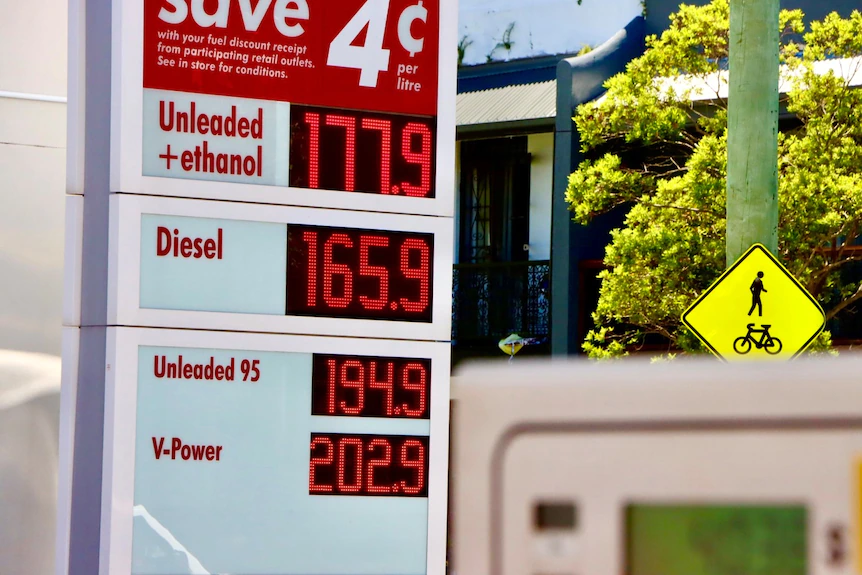



Article by: Hari Yellina
If gas costs continue to rise, one of Australia’s top food processing centres has expressed concern about the country’s industrial industry’s future. Kagome Australia, situated in Echuca, was awarded a gas contract for 2023 in January, which is $1 million more than the deal for 2022. Kagome Australia has been delivering tomato-based goods since 1996, making it the country’s largest tomato processing company. The tomato processing factory was “extremely fortunate” to get the contract early, according to CEO Jason Fritsch. “It will be in the neighbourhood of $6-$8 million up if we contract now for 2023,” Mr Fritsch added. “However, the point is that the gas market is currently out of control.”
“The reality is that unless we fix this, unless this is fixed, I’m not sure how we’ll be able to operate in 2024 or 2025,” he remarked. “That would be very unfortunate for the 300 or so employees who have worked in our facility over the previous three months, as well as for all the delicious food we’ve produced and distributed around Australia, New Zealand, and Southeast Asia.” Professor Ariel Liebman, the director of the Monash Energy Institute’s Faculty of Information Technology, said recent geopolitical developments have shattered Australia’s enthusiasm for gas export. “We were fairly passionate about exporting that gas when we discovered a bonanza of liquefied natural gas (LNG) options up in Queensland,” he said.
“We had a tiny quantity of supply but a small amount of demand up until then, so everything was in a state of equilibrium. Now, all of a sudden, we’ve entered the global market. “In retrospect, I believe there was some delusory behaviour, and we are now paying global prices. “The world market is tightly balanced, and prices jumped when Russia withdrew some of its supplies owing to the war.” Professor Liebman described the recent rise in gas prices as a “policy failure a couple of decades in the making.” Mr Fritsch wants the government to step in and create a domestic reserve to ensure that gas for manufacturing in Australia is available at a competitive price.
He stated, “We’ll be attempting to get down with the Minister of Energy and explain our predicament, not just myself, but the entire collective.” “We’re talking about $3-$5 billion in spending in regional Victoria, with 3,000-5,000 people employed.” “It would wreak havoc on the regional area, which serves as the Goulburn Valley’s food basket. “Australia was and continues to be competitive in the manufacturing sector because we have a vast supply of low-cost energy.” “If that goes away, it will be extremely difficult for manufacturers to stay in business.” Professor Liebman is also a supporter of government innovation. “We might get lucky, and we should see a revival of Russian gas supply at some time,” he said, “but that’s a short-term remedy.” “We urgently require a swift transition to an energy policy that prioritises Australians. “I believe that if governments act, this should be the worst of it.” If they do nothing, things might improve for a while, but then they’ll deteriorate again.”